Are you an earth empath? What is an earth empath really? Let’s find out the power of being an earth empath, and what does it really mean to be one.
I’m a psychiatrist and also an empath. An empath is someone who is highly sensitive and tends to absorb the emotional and physical energy of other people into their own bodies. Empaths also have intimate communion with nature, including with the Earth, plants, and animals.
The positive side is that we can deeply feel all that is positive, wholesome, and healthy in others and the world. The downside is that empaths become exhausted, anxious, and burned out from sensory overload.
Many of my empath patients come to me with these symptoms but were never diagnosed properly by conventional physicians—rather they were seen as simply having panic disorder, depression, or anxiety, and thus given medications.
If you identify as an empath, the secret to nurturing your intuitive connection to all living things is to develop centering and protection strategies such as meditation, setting clear boundaries, creating adequate alone time to refuel, and many other strategies I present in The Empath’s Survival Guide. Then empaths can revel in the joy of their sensitivities.
Related: Layers of The Empath Gift: 10 Levels of Empath Evolution
Earth Empaths
Earth empaths are a special type of empath who is keenly attuned to the natural world and all of the Earth’s changes. The beauty of a waterfall can exhilarate and energize these empaths, whereas the toxicity of air pollutants can make them feel sick, exhausted, or depressed. How do you know if you are an earth empath?
You are highly sensitive to intuiting the Earth’s changes in your body. Sensually and energetically, you can feel the power of a thunderstorm, the loveliness of the moon, and the warmth of the sun on your shoulders. What happens to the Earth is intimately connected to your body.
The beauty and health of the earth nourishes and sustains you. The ocean and tides affect everyone, but especially you. The moon and the tide regulate menstrual cycles in women and sleep-wake cycles for both genders. You are sensitive to weather changes and the amount of daylight. Earth empaths may experience Seasonal Affective Disorder (SAD), becoming depressed in the winter when the days are shorter.
The earth, its elements, and the universe feel like family.
The moon and stars have always been my companions. Since childhood, I’ve looked up at the heavens and felt that my true home was there. (One patient told me that she prefers stargazing as her “nightlife” instead of bars and clubs.)
But, interestingly, I’ve found that empaths, like myself, who have a hard time adjusting to being on this planet, need to connect to the earth’s energy so that we can more fully inhabit our bodies. Learning how to do this (and not fighting it) is part of our healing.
Related: 8 Unexpected Benefits Of Being An Empath
The Earth loves you. You can feel it.
If you’re an earth empath, that’s why you get so hurt, anxious, or have health problems when she is harmed or destroyed. Your body is intimately connected to the Earth. You experience her changes as if they were happening to you. When the Earth is happy, you are happy. When the Earth is in pain, you are too.
Earth empaths may have premonitions about natural disasters or feel them intensely in their bodies as they are occurring.
One patient told me. “I frequently wake up just prior to earthquakes. Then boom, it hits.” Another said, “Before earthquakes or volcanic eruptions, my body begins to shake. I feel ‘off,’ not on solid ground.” Another told me, “During the last tsunami, I awoke from a deep sleep in a state of agitation and dread.” An empathic friend said, “I felt like I was hemorrhaging,” as a response to a catastrophic oil spill.
Similarly, try to be aware of how your body reacts during dramatic earth changes. Then you can put your feelings in context and practice more self-care when they occur.
As an Earth empath, you may also be sensitive to solar flares.
These magnetic storms on the sun affect the magnetic fields around the earth and our bodies. Earthquakes, volcanic eruptions, hurricanes, and tornadoes appear to occur after intense solar activity. During these periods, you may experience headaches, mood swings, anxiety, or heart palpitations.
Studies have shown an association between solar flares and increased depression, anxiety, suicides, and episodes of bipolar disorder. Revolutions, riots, and unrest across the globe are associated with solar flares. Remember, the sun is responsible for life on earth. When it goes through changes, we feel it 93 million miles away. This experience is amplified for empaths.
To stay vibrant, you want to frequently connect with the Earth.
Spend time in forests, by the ocean, or in the mountains where you can commune with the elements and feel at home. To deepen your bond with the Earth, eat clean, healthy, organic foods (even better, grow them yourself). A junk food diet separates you from the Earth because you’re not ingesting her energy.
Regularly practice Earthing: lie flat on the earth to soak up her positivity and strength. Wade or swim in lakes, rivers, or the ocean. Gaze at the stars. Walk barefoot on the grass.
To intentionally communicate with the Earth, you can tune into her by asking, “What do you feel?”
Related: 10 Spiritual Places On Earth With The Strongest Energy Fields
Then be open to any intuitions that come. Or you can use the Earth as an oracle, directly asking her questions about yourself or others. She will answer you through your intuition. Then follow her guidance.
In Native traditions, earth medicine represents the healing that nature imparts. Mother Earth is to be revered and cared for. As empaths, you can practice earth medicine by doing whatever you can to treasure our precious mother planet. This is part of your purpose, and a way for you to feel happy, healthy, and whole.
(Adapted from The Empath’s Survival Guide: Life Strategies for Sensitive People by Judith Orloff, MD, which is a guidebook for empaths and all caring people who want to keep their hearts open in an often-insensitive world.)




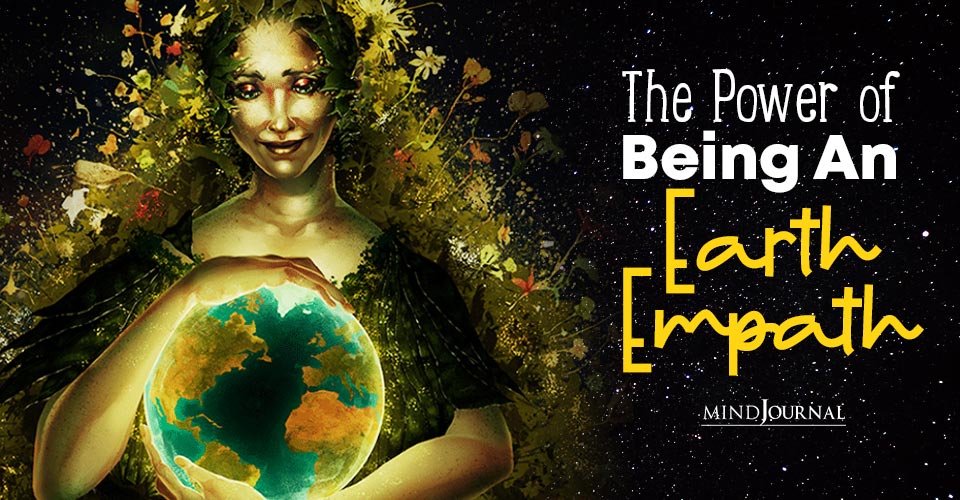

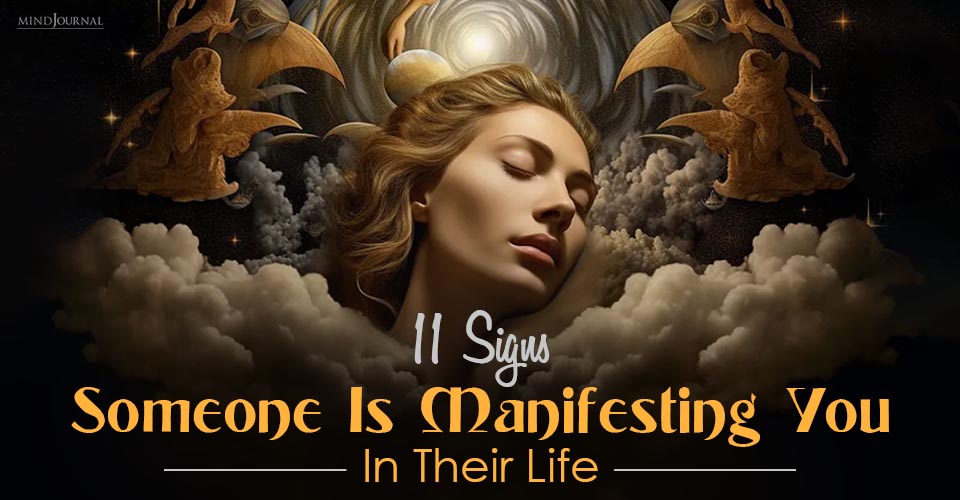
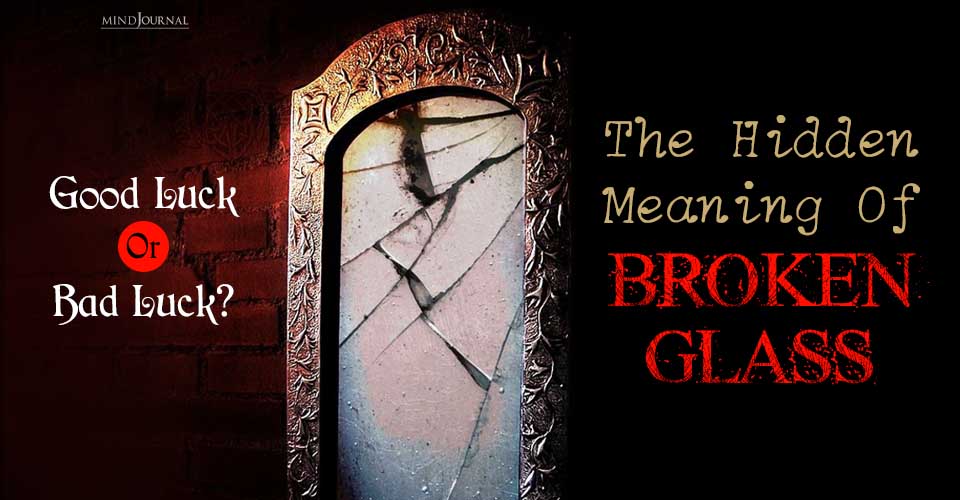
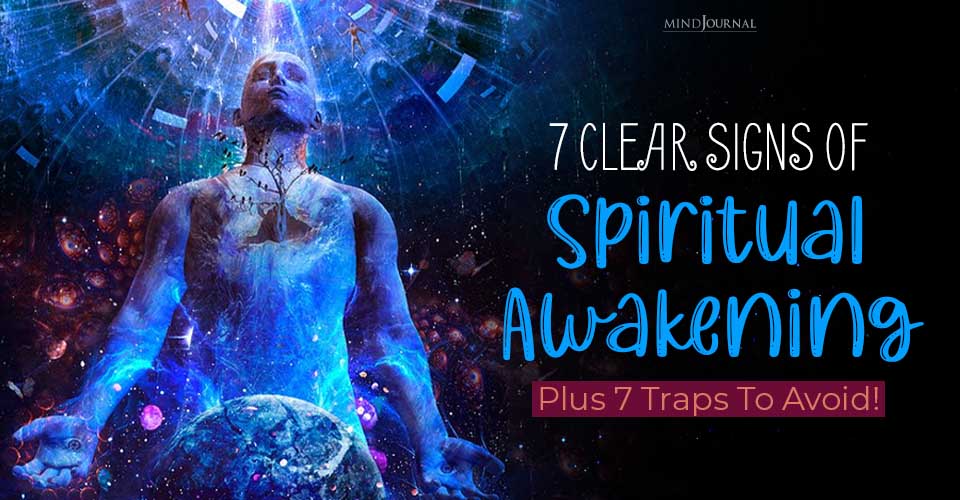
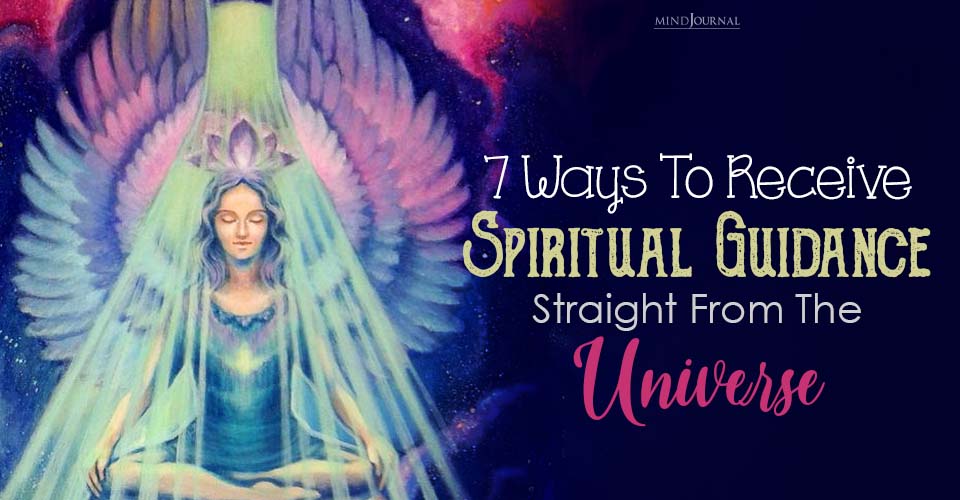
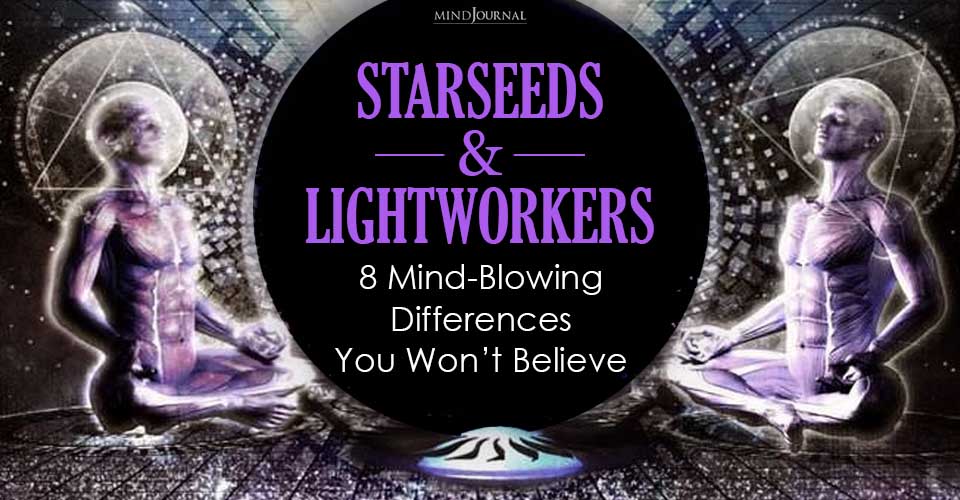
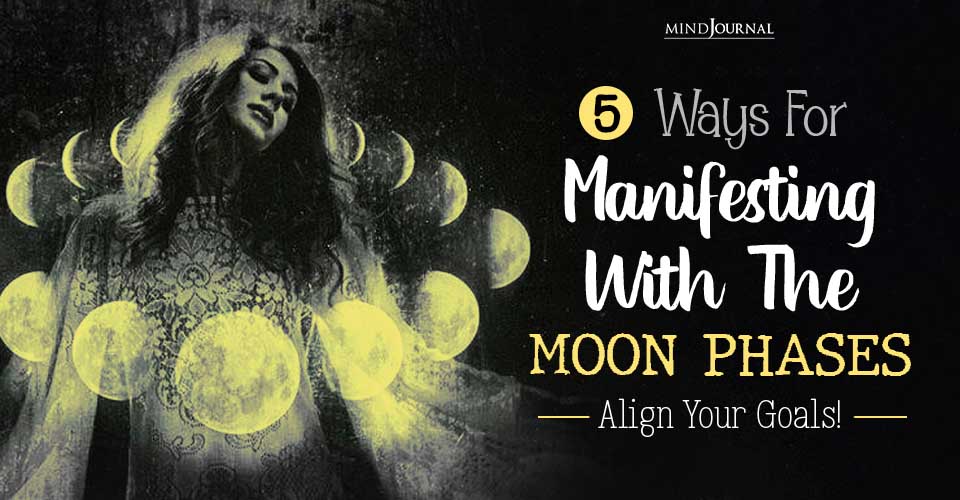
Leave a Reply